Almost 2,500 years ago, Plato recognized and articulated that our greatest weaknesses are merely a manifestation of our greatest strengths when used in excess or inappropriately by us as individuals, organizations and societies.
In his seminal work, The Republic, Plato said, “Excess of liberty, whether it lies in state or individuals, seems only to pass into excess of slavery.” In other words, that our greatest strength – in Plato’s case, liberty in a republic or freedom for individuals – is actually our personal and society’s greatest weakness when this liberty is used in a manner that results in slavery.
Plato’s example of excess of liberty can serve as enlightened awareness and a warning to all of us as individuals and as organizations – an awareness and warning that we must leverage or strengths to their fullest but be careful not to cross the line such that overplaying our strengths results in weaknesses that impair our ability to be effective and achieve desired results and outcomes as individuals and organizations.
Perhaps one or more of these examples resonates with you or people you know:
| STRENGTH | WEAKNESS |
| Ability to identify actual and potential problems | Actually solving problems |
| Ability to create plans | Actually executing on a plan |
| Ability to “put out fires” | Actually figuring out how to prevent fires in the first place |
| Ability to be quick and efficient | Actually thinking through complexity of strategy and longer term plans |
| Ability to efficiently use technology to communicate, especially text and e-mail | Actually picking up the phone or meeting face-to-face to build stronger relationships |
Having a better awareness of our strengths and the corollary weaknesses also decreases the probability that we will use strengths in situations where we shouldn’t. In other words, avoiding the natural tendency to channel our passion and skills without much premeditated thought, diving into some situations where applying our strengths will not be successful or appropriate.
Let me share a personal illustration. I seem to have an ability (read: strength) to solve problems. I can give numerous examples of when I have used this problem solving ability in business, including the story I shared in an earlier article about being able to “inspire instead of fire,” having reached settlements in complex litigation matters when I was an attorney early in my career, and having the opportunity over the past ten years to lead the turnaround of under-performing businesses.
However, if problem solving is one of my greatest strengths, I admit that it can also be one of my greatest weaknesses. It means that there are times when I have used my strength in situations where I shouldn’t have, such that this strength became a great weakness.
“A genius in the wrong position could look like a fool.”
– Idowu Koyenikan
For example, I remember when I was asked to turnaround and grow a business where part of the business was actually losing millions of dollars a year. I naturally gravitated to this opportunity because it pulled upon my strength to solve problems. I channeled my passion and energy to dive right in to solve the problem, applying my strength in a way that in hindsight was neither appropriate nor successful.
What I missed in this situation was that I was trying to solve a problem that I should have never tried tackling because there were others in the organization who had different goals and perspectives on what should be done with this money-losing part of the business. In particular, there was an individual who was fighting hard to transfer this division into his area of responsibility. He had strong personal reasons for his actions, and more importantly, had mustered political support for his position even though his business arguments did not make sense to me or any other members of our management team.
I remained laser-focused on problem-solving, arguing fervently that this move was not in the best interest of the business because it was not consistent with the way our clients bought our products. However, I failed to acknowledge my weakness: some problems can’t be logically solved when there are other interests in play – regardless of the fact that I was focused on turning around this part of the business.
This blind pursuit was actually an example of my strength being used, as Plato would say, “in excess” so as to manifest as problem creating instead of problem solving. The problems I created included a perception that I was actually acting out of self-interest and trying to “build an empire.” Of course, nothing could have been farther from the truth, yet it was irrelevant. In hindsight and with several more years of experience and perspective under my belt, I now realize that my greatest strength turned out to be a weakness in this case.
- Take a moment to think about what you believe are your greatest strengths.
- Think of times when you have used these strengths in a positive way.
- Now, take a moment to think of when you tried to apply these greatest strengths to a situation and your efforts backfired – evidencing the manifestation of a weakness.
Going forward, may your strengths continue to shine and be a source of inspiration, joy and success for you and others. At the same time, may you remember to check to make sure that you are applying your greatest strengths effectively to avoid a situation where your strength becomes an obstacle or limiting factor as a weakness.



